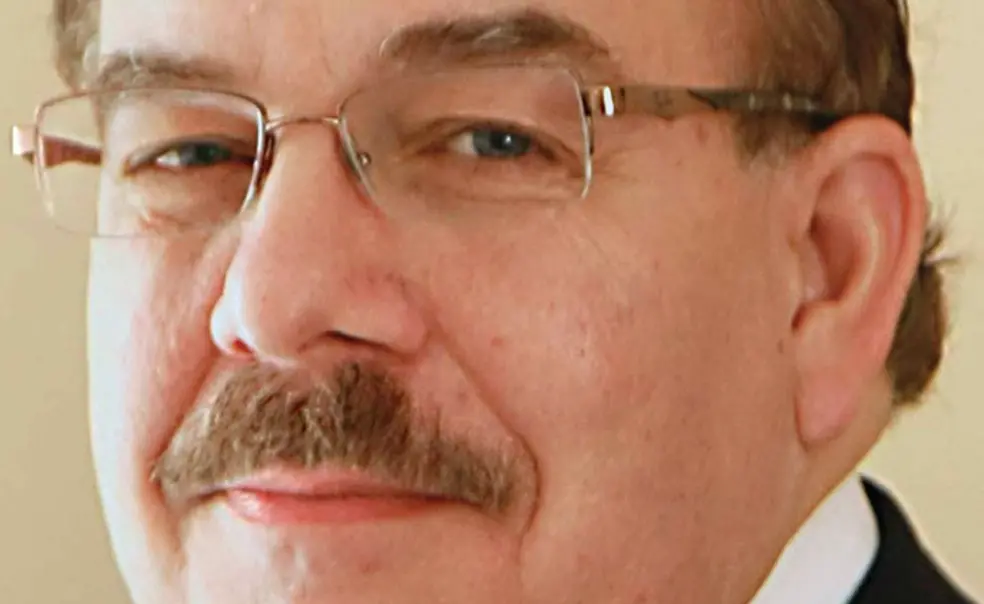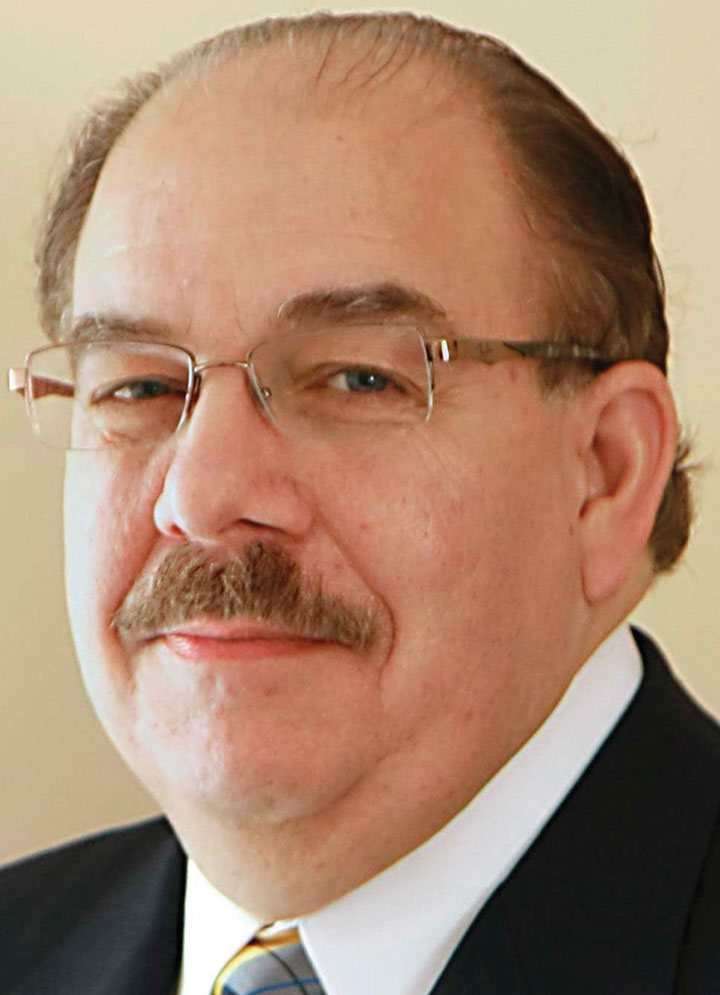Sworn campus public-safety officers soon will have access to rifles in emergency situations. Officers will not carry weapons as a matter of course, but in the event of a report of an active shooter or an individual brandishing a firearm on campus, responding public-safety officers will have access to the firearms, Executive Director of Public Safety Paul Ominsky, left, told the CPUC in October.
The announcement marked a change in longstanding University policy against arming campus police officers. The reason, Ominsky said, is that national best practices now call for police to confront a shooter as quickly as possible. “Response time matters — even a few minutes can make a difference to save a life,” he said.
Under the previous policy, the University relied on the municipal police department to provide an armed response when needed, with public-safety officers providing unarmed support.
“Campuses should continually refine plans for all types of emergencies,” Ominsky said. “Although we have a safe campus and it’s hard to imagine a situation like an active shooter occurring at Princeton, we still need to plan, prepare, and train our staff.”
Only the University’s 32 sworn public-safety officers, who complete the same training as municipal officers at the New Jersey State Police Academy and have the power to arrest, will have access to firearms, Ominsky said. The University’s non-sworn security officers will not, he said. The role of the municipal police force in support of a campus emergency response will not change, Ominsky said.
Except at Columbia and Dartmouth, campus police officers have access to firearms at all other Ivy League schools.













No responses yet